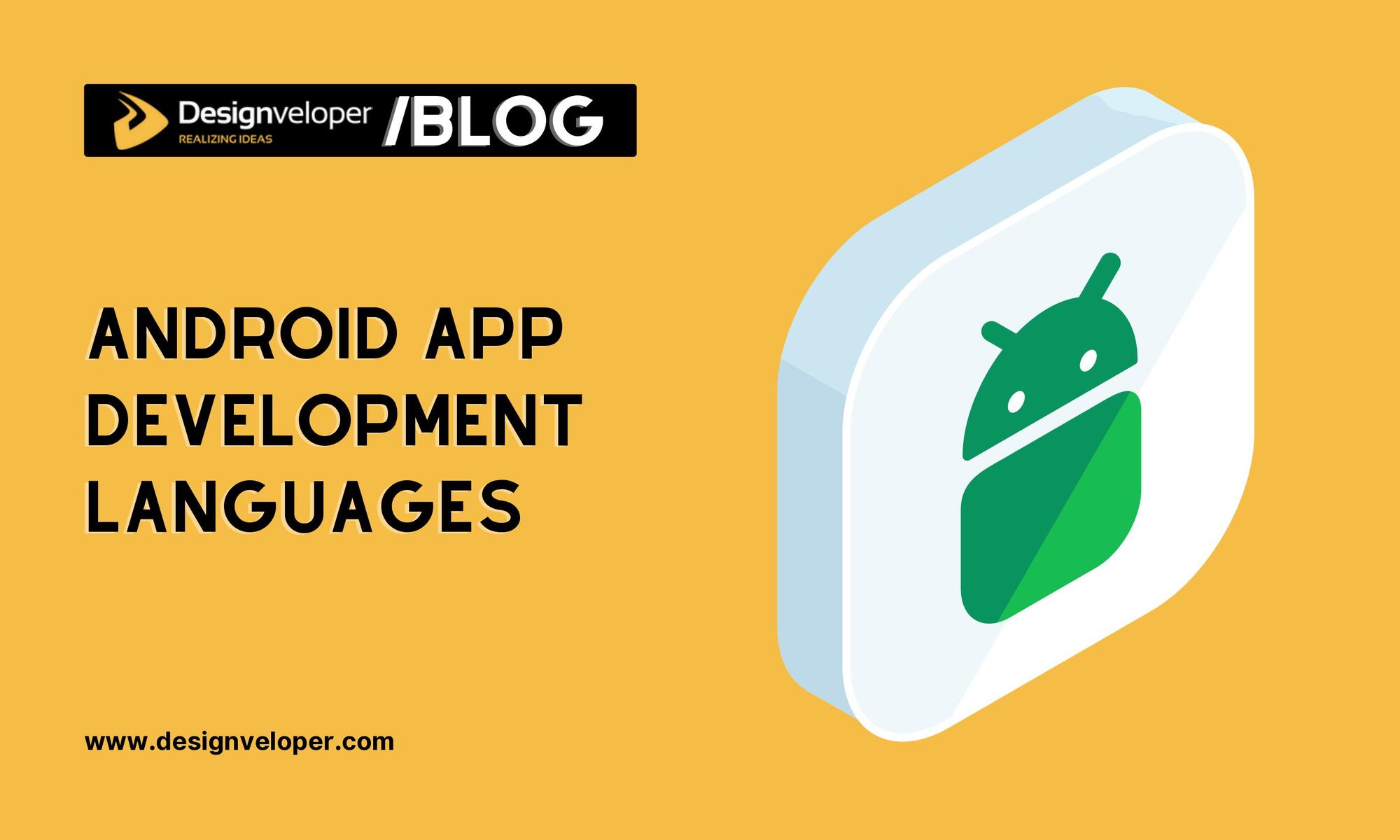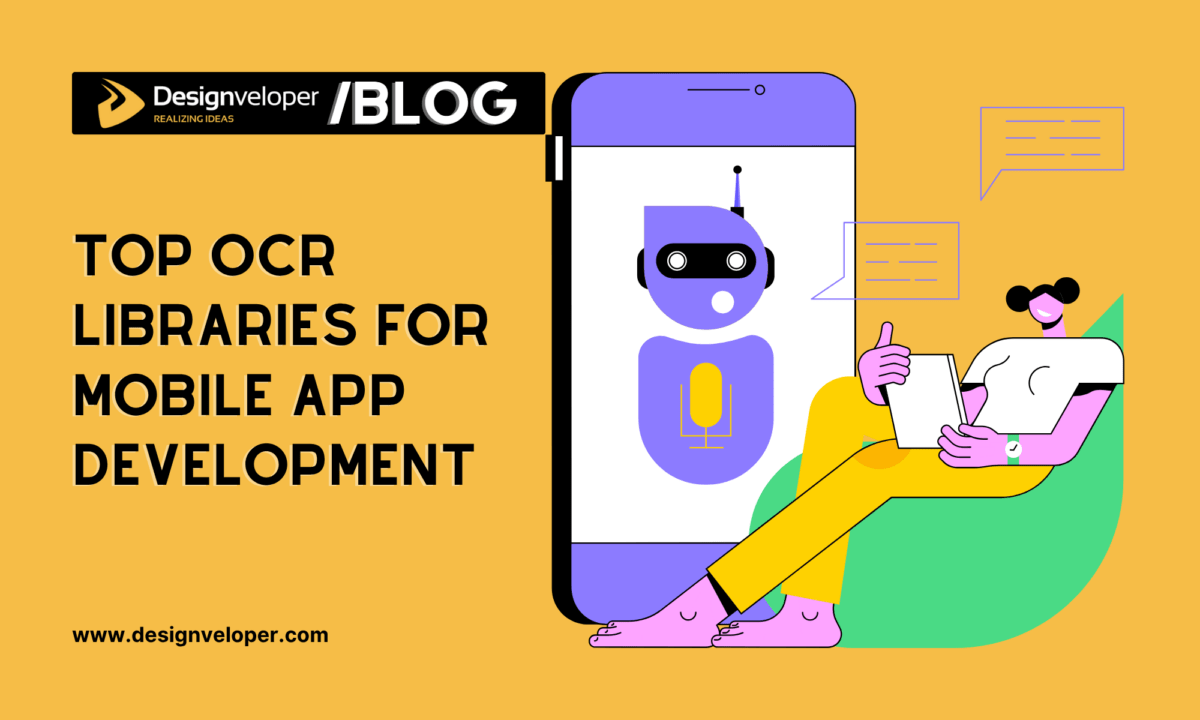
Android app development is a cornerstone of the mobile app development industry. It has grown tremendously since its inception in 2008 and now makes up 97% of the smartphone market share. If you want to tap into the fast-growing and lucrative app development industry, it’s essential to learn how to program in one or more of the top 10 Android app development languages: Kotlin, Java, C++, C#, and Dark. Within this article, we will go over each language. Why it should be your choice for Android app development languages and what tools are available to get you started?
10 Best Android App Development Languages That You Should Know
Exploring the world of mobile app development? Discover the top 10 programming languages essential for Android app development. This guide introduces you to the core languages you should know for your Android development course, ensuring a strong foundation for creating mobile applications.
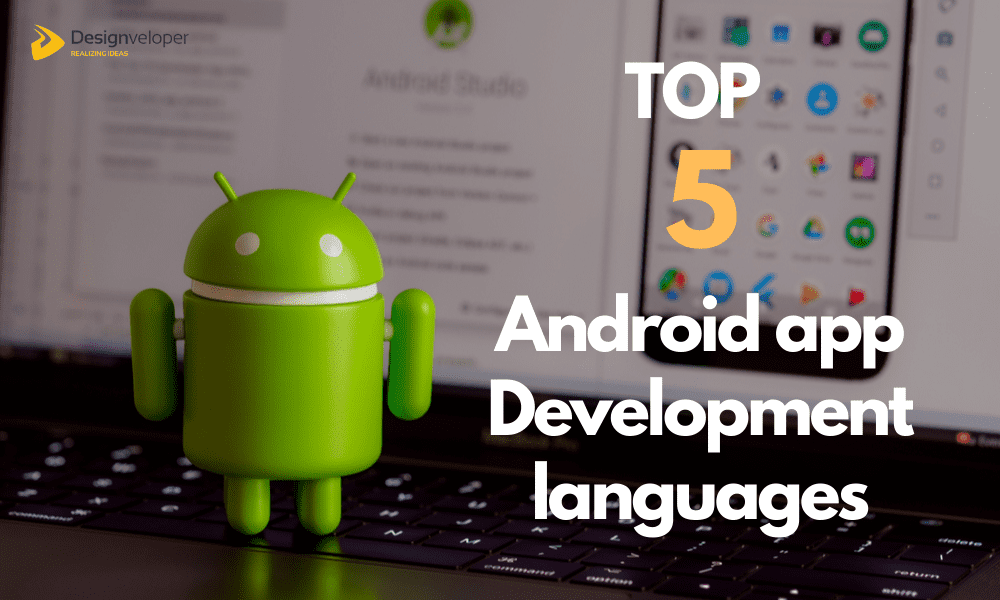
1. Kotlin
At Designveloper, we’re constantly at the forefront of technology trends, and Kotlin’s meteoric rise is no exception. As we venture into 2025, Kotlin cements its status as one of the foremost Android app development languages, garnering widespread adoption across various industries and use cases.
Originally unveiled by JetBrains in 2011 as a Java alternative, Kotlin aimed to tackle Java’s shortcomings and verbosity. Since its inception, Kotlin has enjoyed a steady ascent, fueled by its succinct syntax, seamless integration with Java, and robust tooling support.
In recent times, Kotlin’s ascent has been nothing short of remarkable, particularly after Google endorsed it as the official programming language for Android app development in 2017. This pivotal backing from Google turbocharged Kotlin’s adoption among Android developers, leading to a surge in its usage and community backing.
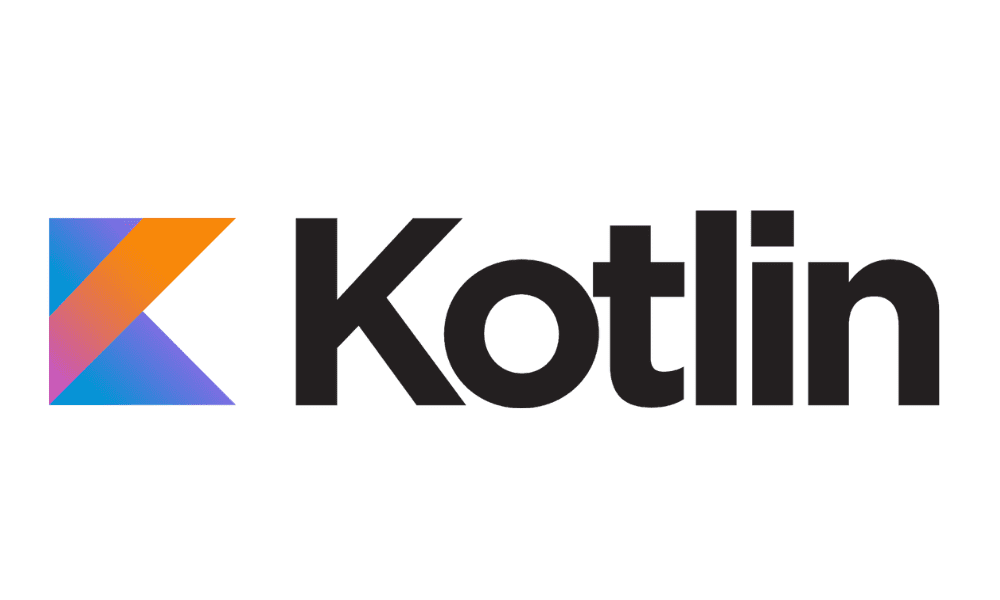
The main benefits of using Kotlin for your next project are:
- Easier to read code
- Less verbose
- A concise set of libraries
- Easy refactoring
- Faster compilation time
Recommended reading: Android App Development Guide: A Comprehensive Guide
Pros
Here at Designveloper, we’ve harnessed Kotlin’s contemporary features, such as null safety, extension functions, and coroutines, in our endeavors, propelling its integration in both corporate and open-source projects. Our team has found Kotlin to offer numerous advantages, including enhanced code readability, reduced verbosity, a concise array of libraries, seamless refactoring, and expedited compilation times.
Cons
Nevertheless, like any technological tool, Kotlin isn’t without its challenges. Debugging in Kotlin may pose complexities, and compatibility issues with older Android versions and development tools have surfaced. Some users have also cited a lack of comprehensive documentation for certain features.
FURTHER READING: |
1. Top 4 Android App Development Companies in the USA |
2. iOS and Android App Development: Market and Development Comparison |
3. |
2. Java
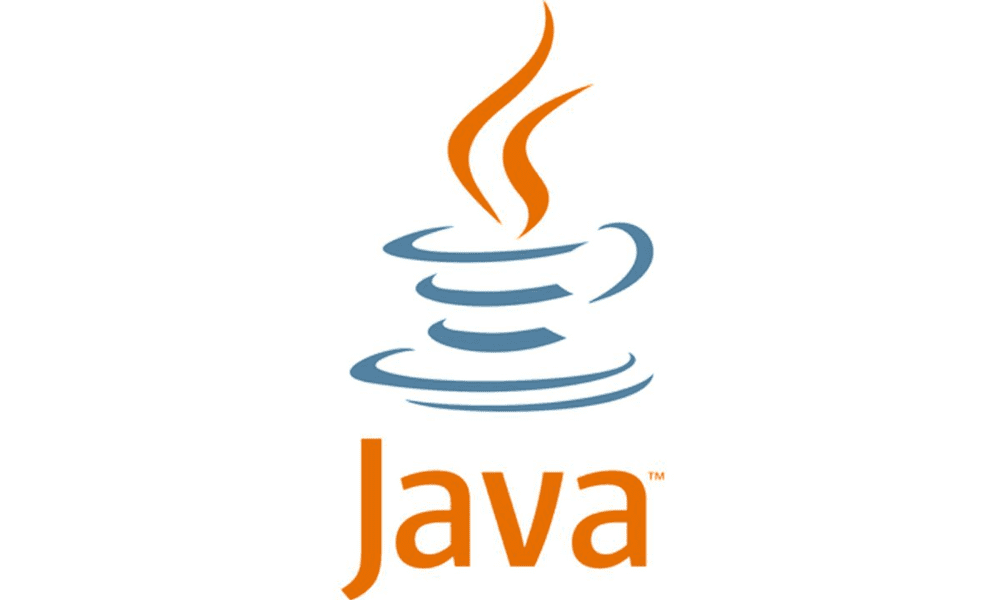
Java, a versatile general-purpose programming language, boasts minimal implementation dependencies, rendering it adaptable across diverse mobile application development platforms. Its compatibility with any operating system equipped with a compatible virtual machine underscores its ubiquity.
As a premier web and software development firm based in Vietnam, Designveloper acknowledges Java’s pivotal role in Android app development. Its simplicity, widespread adoption, and wealth of learning materials position it as an ideal option for both novices and seasoned developers.
In 2022, Kotlin, a statically typed language interoperable with Java, dominated, with over 70% of the top 1000 apps on the Play Store built using it. Nonetheless, Java remains favored for its cross-platform compatibility, empowering developers to code in their preferred OS environment.
Java is also compatible with many different platforms which means you can use whichever operating system you are most comfortable with while still being able to use Java. Learning and coding Java can be overwhelming if not implemented well but there are tons of resources online to get ‘help with Java coding‘. You can excel in Java programming with intuitive learning.
Cheaper Java Hosting not only reduces costs for developers but also fosters innovation, competitiveness, and community growth within the Android app development landscape for 2024.
FURTHER READING: |
1. How to Choose iOS App Development Language for Your Project |
2. 11 Popular React Native App Examples |
3. Why Choose React Native for Your Mobile App Like Bloomberg or AirBnB |
Pros
Selecting Java hosting proves cost-effective compared to other solutions. With budget-friendly hosting plans, harnessing Java’s prowess for your website or application is within reach. Whether a novice or seasoned developer, Java hosting guarantees scalability, reliability, and affordability.
Cons
Mastering Java programming presents challenges, but with the right resources and approach, proficiency is attainable. An array of online tools and tutorials exists to facilitate Java proficiency.
3. C++
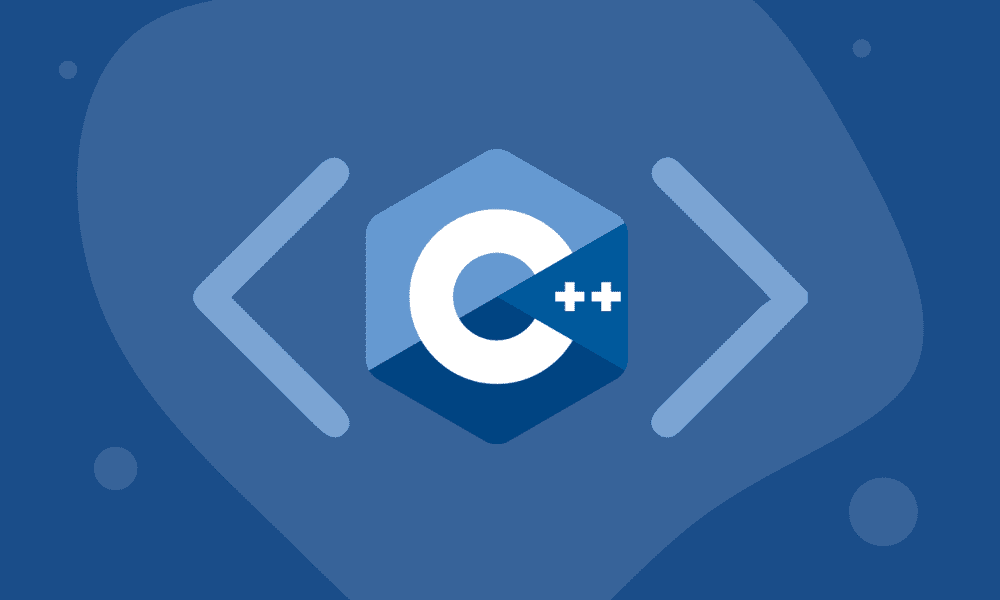
C++ retains its formidable presence within the Android app development domain. Recent statistics affirm Android’s global dominance as the most prevalent operating system, boasting over three billion active users spanning across 190 countries. This extensive Android user base presents a lucrative market for app developers, with C++ standing out as a potent language to harness this potential.
Pros
One of the prime advantages of employing C++ in Android app development lies in its performance efficiency. C++ empowers developers to craft high-performance apps, rendering it an optimal choice for endeavors such as game development or any application where performance stands as a pivotal criterion.
Furthermore, Android Studio, the designated Integrated Development Environment (IDE) for Android app creation, extends support to C++. This means developers can integrate C++ seamlessly with the Android Native Development Kit (NDK) within Android Studio. For instance, computationally intensive tasks like audio, video, and graphics processing can leverage C++ for enhanced performance.
Cons
Nevertheless, it’s imperative to acknowledge that while C++ finds utility in Android app development, it may not universally emerge as the optimal selection for every project. Alternative languages such as Kotlin and Java typically offer greater ease of use and robust support for Android APIs. Hence, the decision to opt for C++ or another language hinges upon the specific requisites and constraints of the project.
In essence, while C++ may not inherently leap to mind in the context of Android app development, its relevance is undeniable. Whether crafting a resource-intensive game or a native application demanding optimal device performance, C++ merits consideration as a formidable language choice.
You can find out another language in the list below:
4. C#
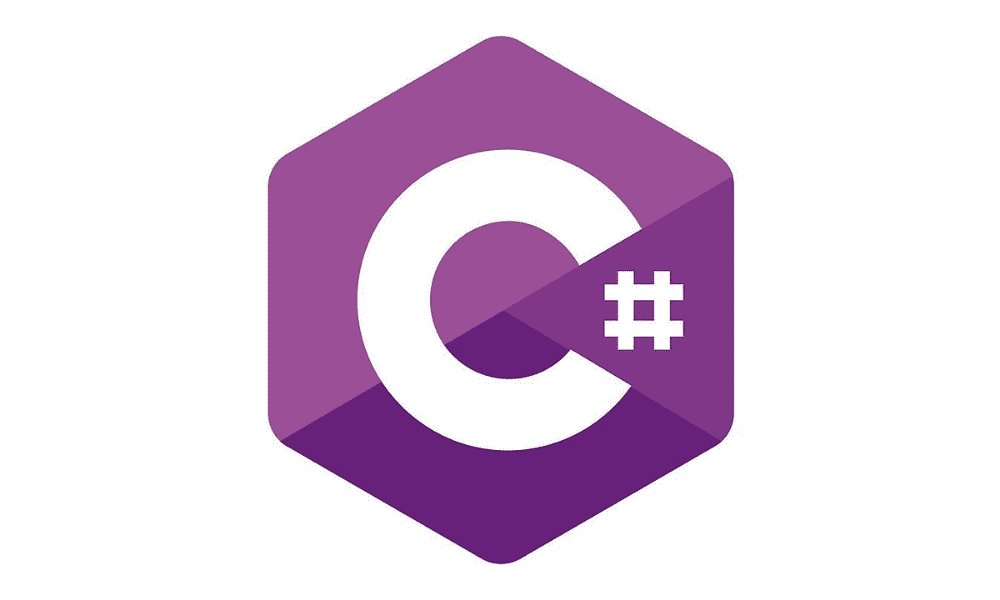
C# maintains its prominence as a formidable asset within the Android app development sphere. Recent statistics affirm Android’s global dominance as the most prevalent operating system, boasting over three billion active users spanning across 190 countries. This extensive Android user base presents a lucrative market for app developers, with C# emerging as a potent language to leverage this potential.
Pros
A pivotal advantage of employing C# in Android app development lies in its performance efficiency. C# empowers developers to craft high-performance apps, rendering it an optimal choice for endeavors such as game development or any application where performance stands as a pivotal criterion.
Furthermore, Android Studio, the designated Integrated Development Environment (IDE) for Android app creation, extends support to C#. This means developers can seamlessly integrate C# with the Android Native Development Kit (NDK) within Android Studio. For instance, computationally intensive tasks like audio, video, and graphics processing can leverage C# for enhanced performance.
Cons
Nevertheless, it’s imperative to acknowledge that while C# finds utility in Android app development, it may not universally emerge as the optimal selection for every project. Alternative languages such as Kotlin and Java typically offer greater ease of use and robust support for Android APIs. Hence, the decision to opt for C# or another language hinges upon the specific requisites and constraints of the project.
5. Dark (the newest Android app development language)
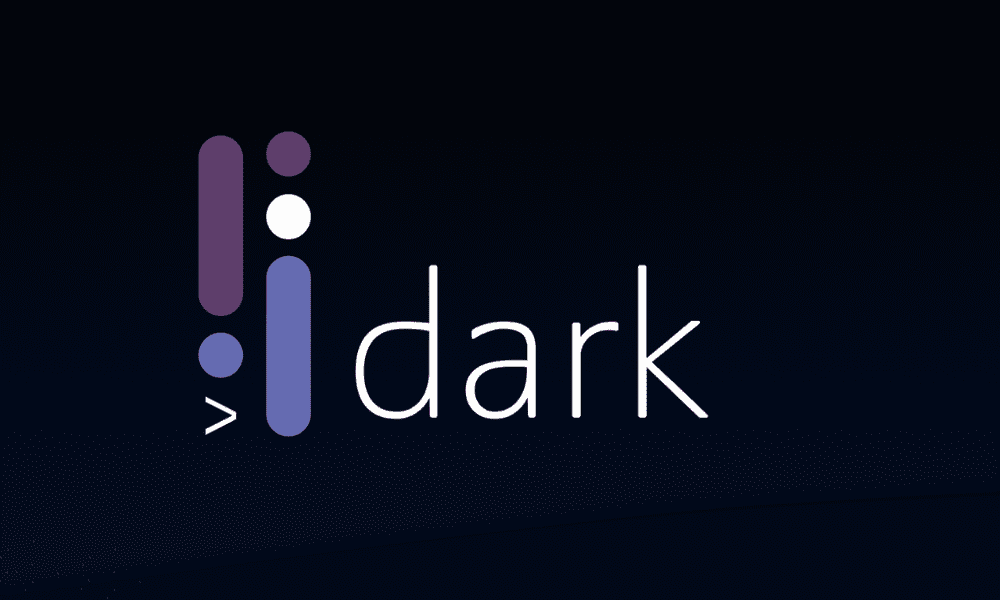
Dark emerges as a burgeoning programming language tailored for the Java Virtual Machine (JVM), gaining traction as a trending tool in the tech landscape. Originating from Facebook’s experimental endeavors to probe software performance, Dark transcends its initial confines, proving adaptable beyond its roots in tandem with the open-source Datalog big data analysis language.
Pros
Dark stands out as a premier game development software tool, making Dark programming language (DARK) an optimal choice for swift prototyping and game creation. With its user-friendly interface, expedited learning curve, and emphasis on rapid development, Dark facilitates seamless progression from concept to execution.
An enticing aspect of DARK lies in its versatility, enabling developers to seamlessly integrate multiple technologies like HTML5, JavaScript, and C++. This versatility empowers creators to craft anything from simplistic applications to intricate gaming experiences.
Cons
Despite its promising trajectory in the realm of Android app development, Dark exhibits a few drawbacks. Primarily, it is exclusively compatible with Android Studio 3.0 and higher, limiting accessibility for those utilizing older versions.
Moreover, while Dark harbors immense potential, it currently lacks the robust library support characteristic of established languages. Absence of libraries for graphics or networking may pose challenges for developers seeking comprehensive functionality.
However, these drawbacks pale in comparison to the manifold benefits Dark offers, positioning it as a compelling contender in the realm of programming languages.
6. Python
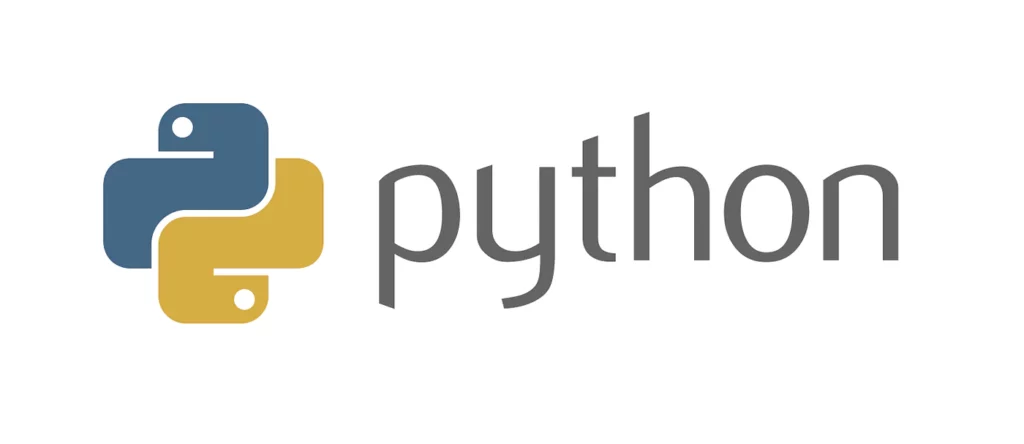
Python, a renowned high-level, interpreted, and object-oriented programming language, maintains its status as a top contender for web app development. Crafted by Guido van Rossum in 1991, Python has amassed widespread acclaim and adoption within the programming realm.
Pros
Python offers an array of advantages for Android app development, notably its syntax crafted for readability and simplicity. This characteristic renders Python an ideal choice for beginners, facilitating rapid comprehension and implementation. Additionally, Python’s efficiency enables developers to accomplish more with fewer lines of code, streamlining the development process.
The flexibility inherent in Python is a standout feature, supporting multiple programming paradigms such as procedural, object-oriented, and functional approaches. This adaptability empowers developers to tailor their coding methodology to align seamlessly with project requirements.
Python’s versatility transcends Android app development, extending its utility to encompass web development, data analysis, machine learning, AI, and beyond. This multifaceted nature positions Python as a versatile tool suitable for an array of projects.
Furthermore, Python’s robust community and expansive ecosystem of libraries and frameworks ensure developers have access to a wealth of resources and support, enhancing the development experience.
Cons
Despite its myriad advantages, Python does present certain limitations for Android app development. Chief among these is its relatively slower execution speed compared to languages like C or Java, potentially impacting performance in specific scenarios.
Notably, Python is not as commonly utilized for mobile app development compared to other languages, detracting from its suitability as the primary language for Android app creation.
Moreover, Python’s flexibility and ease of use are offset by higher memory consumption, necessitating greater memory resources for applications developed in Python compared to those built with alternative languages.
Additionally, Python’s primary usage on the server-side limits its applicability in browser environments, potentially constraining its suitability for certain web-based projects.
In conclusion, while Python may not be the initial consideration for Android app development, its merits warrant consideration. Whether crafting a resource-intensive game or a native app demanding optimal device performance, Python stands as a language worthy of exploration.
7. JavaScript
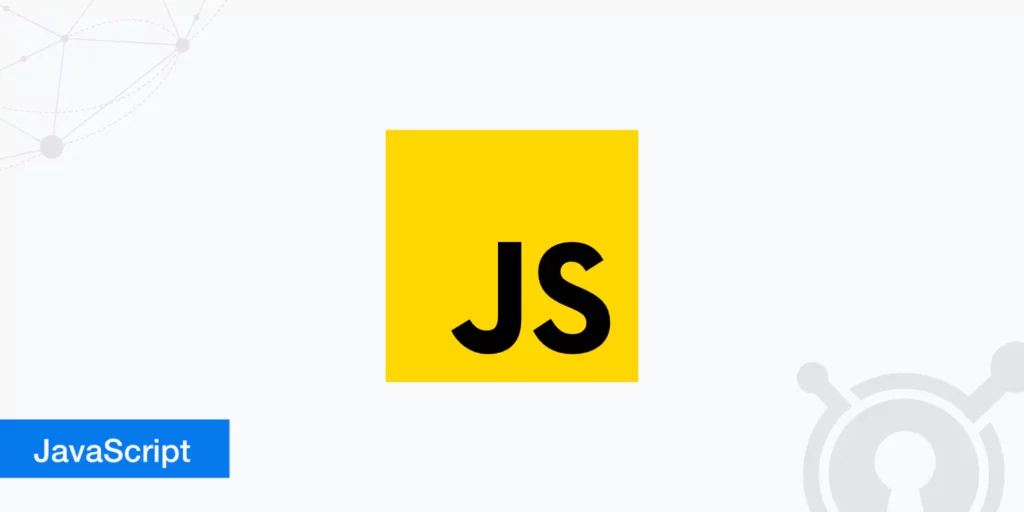
At Designveloper, we’ve remained at the forefront of harnessing JavaScript for Android app development, witnessing firsthand the evolution of this versatile language. As a prominent software development firm in Vietnam, we’ve capitalized on JavaScript’s strengths to deliver innovative solutions for our clients.
Pros
In 2024, JavaScript retains its transformative impact on Android app development. Its execution within the client’s browser endows it with remarkable speed, culminating in responsive user experiences cherished by our clients.
JavaScript’s syntax, reminiscent of C++, embodies simplicity, fostering accessibility for developers. This straightforwardness has empowered our Designveloper team to expedite project delivery with efficiency.
The ubiquitous nature of JavaScript is undeniable. Widely utilized across the web, its integration with Node.js has propelled its influence into backend development. This widespread adoption has cultivated a robust community and abundant resources, readily accessible to us at Designveloper.
A paramount strength of JavaScript lies in its interoperability, seamlessly integrating into various applications through support in languages like Perl and PHP. This adaptability has enabled us to harness its potential across a diverse array of projects.
From a server load perspective, JavaScript’s client-side execution alleviates burdens on servers, contributing to streamlined performance. Its capacity to craft rich user interfaces, incorporating features like drag-and-drop functionality and interactive components such as sliders, further accentuates its prowess.
Furthermore, developers can enhance web page functionality through JavaScript snippets for third-party add-ons, enriching user experiences. At Designveloper, we’ve utilized JavaScript to construct everything from simplistic websites to intricate Node.js servers.
Lastly, JavaScript benefits from regular updates by ECMA International, ensuring its relevance with the incorporation of the latest features and enhancements.
Cons
However, it’s imperative to acknowledge certain challenges associated with employing JavaScript for Android app development in 2024. Notably, client-side security poses a concern. As JavaScript code executes on the client-side, vulnerabilities or errors within the code can potentially be exploited for malicious purposes. At Designveloper, we prioritize security across all our development endeavors.
Another challenge arises from divergent browser interpretations of JavaScript code. While server-side scripts consistently yield uniform outputs, varying browser interpretations may lead to compatibility issues, necessitating thorough testing and adjustments to ensure a consistent user experience across platforms. At Designveloper, we adhere to a stringent testing regimen to guarantee our applications deliver a seamless user experience.
8. HTML/CSS
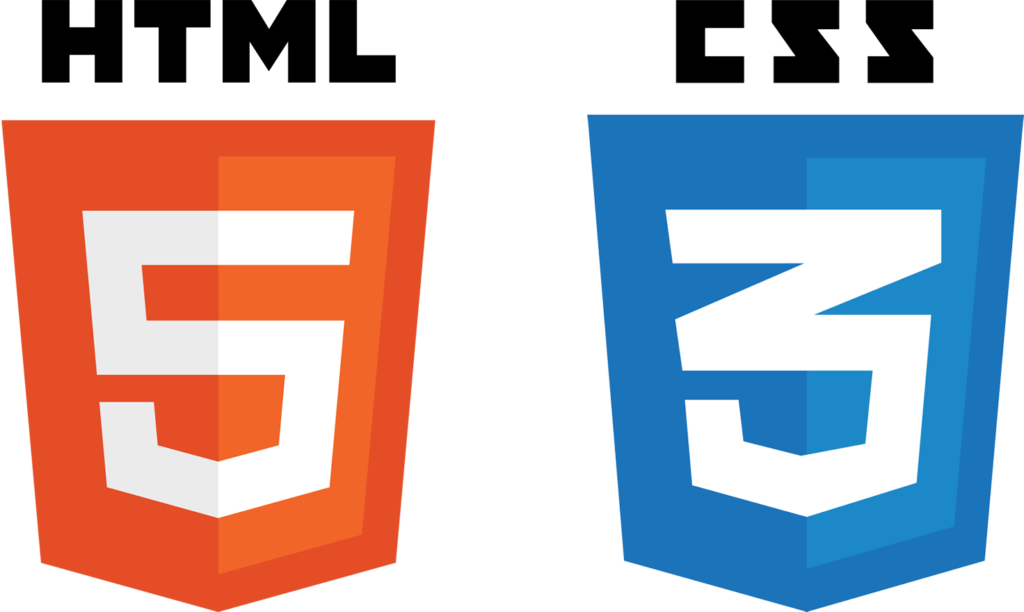
HTML, or HyperText Markup Language, serves as a fundamental component in Android app development for 2024. It’s a markup language specifically designed to define the structure of webpages. Through the use of tags, developers can describe various elements within a document, including text and images. These tags assign properties to different page elements, such as images, paragraphs, lists, and headings, forming the core framework of any website. Developers rely on HTML not only to structure content but also to control the layout and formatting of web documents.
Complementing HTML, there is CSS, or Cascading Style Sheets, which plays a pivotal role in enhancing the visual appeal and presentation of web pages. This simple design language empowers web developers to make web pages more visually attractive and presentable. It achieves this by allowing developers to separate the content of a document from its presentation and the programming elements, such as fonts, layouts, and colors. CSS’s versatility enables developers to apply a wide range of formatting and design techniques to create compelling webpages.
Pros
HTML and CSS offer numerous advantages in Android app development for 2024. Their simplicity stands out, with HTML providing a straightforward syntax that is easy to learn. CSS complements this simplicity by enabling styles to be defined once and applied multiple times, enhancing efficiency and consistency.
Consistency is a key benefit of using CSS. It ensures that styles are consistently applied across various sites, providing a uniform and professional appearance.
Efficiency is another advantage, as CSS allows web designers to achieve desired styles with fewer lines of code, which, in turn, improves site speed and performance.
Moreover, CSS simplifies website development and maintenance. A single change in one line of code can affect the entire website, streamlining updates and reducing the potential for errors.
In today’s landscape of diverse smart devices, CSS’s device-friendly nature is crucial. It ensures that design changes adapt seamlessly to various screen sizes and resolutions, accommodating the increasing use of different devices to access websites.
Cons
There are some drawbacks to consider when working with HTML and CSS in Android app development for 2024. One notable challenge is browser compatibility. What works seamlessly in one browser may not always function as expected in another. Consequently, web developers need to invest time in extensive testing to ensure compatibility across multiple browsers, adding complexity to the development process.
Another aspect to be mindful of is the learning curve. The programming language landscape can be daunting for non-developers and beginners, requiring a considerable effort to acquire the necessary skills and knowledge to work effectively with HTML and CSS.
When it comes to CSS, there are limitations in controlling the layout of webpages. While CSS offers substantial control over styling, it may not always provide the level of precision required for complex layouts.
Additionally, CSS lacks support for variables and arithmetic operations, which can limit its functionality in certain scenarios, particularly when dynamic behavior is needed.
Furthermore, CSS has specificity and inheritance issues that can make it challenging to apply styles precisely as intended, potentially leading to unexpected results.
9. Dart

Dart, an open-source programming language developed by Google, has gained prominence in Android app development for 2024. It made its debut at the GOTO conference in Denmark in 2011, with support for both client and server-side application development.
One of Dart’s key strengths is its versatility. It is widely utilized in the development of Android and iOS apps, as well as Internet of Things (IoT) applications and web applications using the Flutter Framework. This broad range of applications positions Dart as a valuable asset in the world of Android app development.
In terms of syntax, Dart bears a striking resemblance to well-established languages like Java, C, and JavaScript. This familiar syntax eases the learning curve for developers, enabling them to adapt quickly to Dart’s dynamic, object-oriented nature.
Dart also boasts features such as closures and lexical scope, enhancing its capabilities for developers. It provides the flexibility required for modern app development while offering a sense of familiarity to those with experience in related languages.
Pros
Dart offers several advantages in Android app development for 2024
, making it a compelling choice for developers. One notable benefit is the ability to use a single language for full-stack development, especially when paired with Flutter for the front end. This streamlines the development process, reducing the need for multiple languages and enhancing code consistency.
Speed and performance are among Dart’s strengths. It is known for its efficiency and quick execution, contributing to a smooth user experience in Android applications.
Scalability is another advantage of Dart. It can handle large and complex applications, providing the flexibility needed for projects of varying sizes.
Dart’s built-in support for asynchronous programming is crucial for web development, allowing developers to efficiently manage tasks that may run concurrently, enhancing application responsiveness.
Moreover, Dart boasts a strong type system, which can help prevent bugs by catching type-related errors during development, leading to more robust and reliable Android applications.
Cons
It’s essential to consider some limitations when using Dart for Android app development in 2024. One drawback is the availability of third-party libraries, which is relatively limited compared to other languages. This can lead to challenges when seeking specific functionalities or integrations that may not have readily available libraries.
Another aspect to be aware of is the size of Dart’s community. It is smaller in comparison to communities of other languages, potentially resulting in fewer resources, tutorials, and support.
Furthermore, Dart is a relatively new language, and while it offers robust features, it may not yet encompass all the capabilities found in more mature languages. Developers may encounter some limitations or find certain features lacking when compared to older and more extensively developed languages.
10. Corona
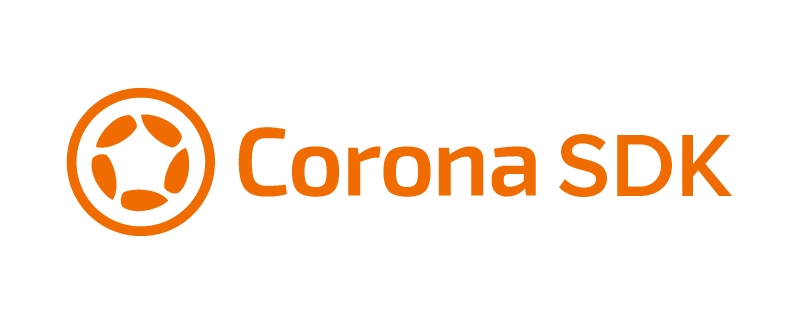
Corona is a cross-platform framework highly regarded in the realm of Android app development for 2024. This versatile framework empowers developers to create both 2D games and applications with remarkable ease and efficiency.
Pros
Corona offers several advantages in the field of Android app development for 2024. One of its notable strengths is its ease of learning, as it utilizes the Lua programming language, which is simpler to grasp. This accessibility makes it an attractive choice for both beginner and experienced developers.
Another compelling feature of Corona is its ability to facilitate fast development. Changes made during development can be seen in real-time, resulting in a shorter code-to-device time. This real-time feedback loop enhances the development process, enabling developers to iterate quickly and efficiently.
Corona benefits from a thriving and engaged developer community. This strong and active community provides a valuable support network, with developers sharing knowledge, resources, and solutions, enhancing the overall development experience.
Furthermore, Corona SDK is free of charge, making it an economical choice for developers. This accessibility allows developers to explore and utilize its features without financial constraints.
Cons
There are certain limitations to consider when using Corona for Android app development in 2024. Notably, Corona is primarily for 2D game development and may not be suitable for creating complex 3D games. Developers aiming to create advanced 3D gaming experiences may need to explore alternative frameworks better suited to their needs.
Another consideration is that Corona SDK relies on an internet connection for building applications. This internet dependency can pose challenges in situations where a stable internet connection is not readily available, potentially impacting the development workflow.
Additionally, while Corona offers a rich set of features, there may be some device-specific features that it does not support. Developers targeting specific device capabilities or functionalities may need to evaluate whether Corona aligns with their project requirements.
Conclusion
The process of selecting the most suitable language for Android app development in 2024 is a crucial decision that requires careful consideration. At Designveloper, we recognize the complexity of this choice and offer valuable tips to guide you through this challenging task.
First and foremost, your choice should align with your project’s specific requirements. Different languages excel in various areas, so understanding the nature of your app, whether it’s a game or a business application, is essential.
Considering the language’s popularity and the strength of its community support is another vital aspect. Languages with robust communities often provide a wealth of resources and third-party libraries, accelerating development time.
Performance is a critical factor, particularly for apps requiring significant processing power. Some languages are known for their speed and efficiency, making them a better fit for performance-intensive applications.
Lastly, if cross-platform development is on the horizon, exploring languages like Flutter/Dart or React Native/JavaScript can be a strategic choice, enabling you to release your app on multiple platforms seamlessly.
Designveloper is excited to help you jump on board with the latest technology, so call us today! We provide all of the services needed for any size business and more. Our web development service includes web design, mobile application design and consulting, and more. Please give our team a call if you want an estimate or just some advice on how we can help your company in this new field!






Read more topics




























